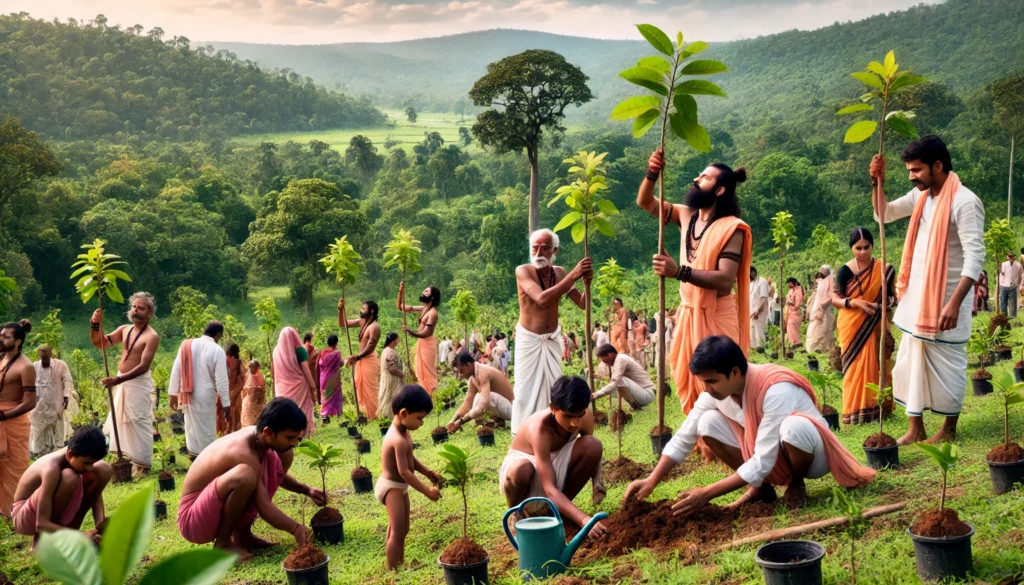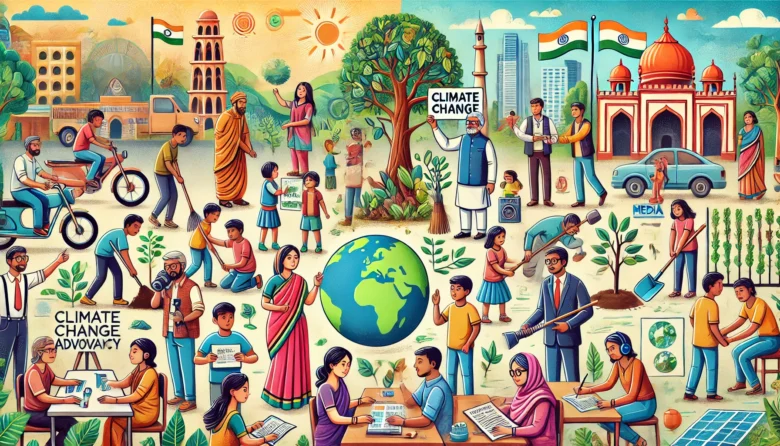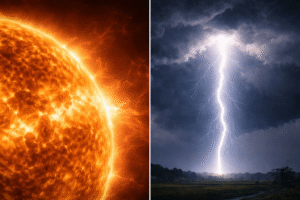Climate change is a significant global challenge, so why do some people continue to deny it? The sociology of climate change denial explores the reasons behind this phenomenon. Understanding these reasons is especially relevant to the Indian public, as our country faces significant environmental challenges. Let’s delve into why climate change denial exists and how we can address it.
What is Climate Change Denial?
Climate change denial involves rejecting the scientific consensus that climate change is occurring and that human activities are its primary cause. This denial can manifest in various forms, from outright rejection of the facts to downplaying the severity of the issue.
The Role of Sociology in Climate Change Denial
Sociology helps us understand the social factors that contribute to climate change denial. These factors include cultural beliefs, economic interests, and political ideologies. By examining these aspects, we can gain insights into why some people are resistant to acknowledging climate change.
Cultural Beliefs and Values
In India, cultural beliefs and values play a significant role in shaping people’s attitudes toward climate change. For example, some traditional beliefs may emphasize the cyclical nature of weather patterns, leading to skepticism about the concept of long-term climate change. Additionally, certain religious views might prioritize immediate economic development over environmental concerns, influencing public opinion on the issue.

Economic Interests
Economic interests are another critical factor in climate change denial. Industries dependent on fossil fuels like coal and oil have a strong interest in preserving the current situation. In India, where coal is a significant part of the energy sector, there can be substantial resistance to policies aimed at reducing carbon emissions. This resistance often stems from fears of job losses and economic instability.
Political Ideologies
Political ideologies also play a crucial role in climate change denial. Some political groups may downplay the importance of climate change to align with their economic agendas. In India, this can be seen in the reluctance of certain political parties to implement stringent environmental regulations, fearing it might hamper economic growth.
Media Influence
The media significantly impacts public perception of climate change. In India, where diverse media outlets cater to various linguistic and regional audiences, the portrayal of climate change can vary widely. Some media channels may give more coverage to climate change skepticism, influencing their audience’s views on the issue.
Psychological Factors
Psychological factors, such as cognitive dissonance (the mental discomfort of holding two conflicting beliefs), also contribute to climate change denial. When individuals are faced with information that contradicts their existing beliefs or threatens their lifestyle, they may reject or downplay that information to reduce their discomfort.
Addressing Climate Change Denial
To effectively address climate change denial, it is essential to tackle the underlying sociological factors. Here are some strategies:
Education and Awareness
Promoting education and awareness about climate change is crucial. This includes integrating climate science into school curriculums and conducting public awareness campaigns. For instance, the Indian government’s National Action Plan on Climate Change (NAPCC) aims to spread awareness and encourage sustainable practices.
Engaging Communities
Engaging local communities in climate action can help address cultural and economic barriers. Initiatives like community-led renewable energy projects not only promote sustainability but also provide economic benefits, making them more acceptable to the public.
Media Responsibility
The media has a responsibility to provide accurate and balanced information about climate change. Encouraging media outlets to prioritize factual reporting and avoid sensationalism can help shape public opinion positively.
Policy and Governance
Governments are crucial in tackling climate change denial through effective policy and governance. Adopting policies that encourage renewable energy and lessen dependence on fossil fuels can lead to a sustainable economic shift. Additionally, transparent governance and stakeholder engagement can build public trust and support for environmental policies.
Local Success Stories
The Solar Energy Initiative in Rajasthan
In Rajasthan, the state government has successfully implemented large-scale solar energy projects. These initiatives not only cut down on carbon emissions but also generate job opportunities, addressing both environmental and economic issues.
Community Forestry in Odisha
In Odisha, community-led forestry initiatives have shown significant success. Local communities manage and protect forests, ensuring sustainable use of resources while also preserving biodiversity.
Conclusion
Understanding the sociology of climate change denial is crucial for effectively addressing this issue. By taking into account cultural, economic, political, and psychological aspects, we can create strategies that resonate with the Indian populace. Everyone has a role to play in combating climate change denial and promoting a sustainable future. Let’s work together to create a better, greener India.
Author’s Note
Thank you for reading this blog. As an individual deeply invested in environmental issues, I hope this article clarifies the complexities of climate change denial for you. Together, we can make a difference by promoting awareness and taking action.
G.C., Ecosociosphere contributor.




